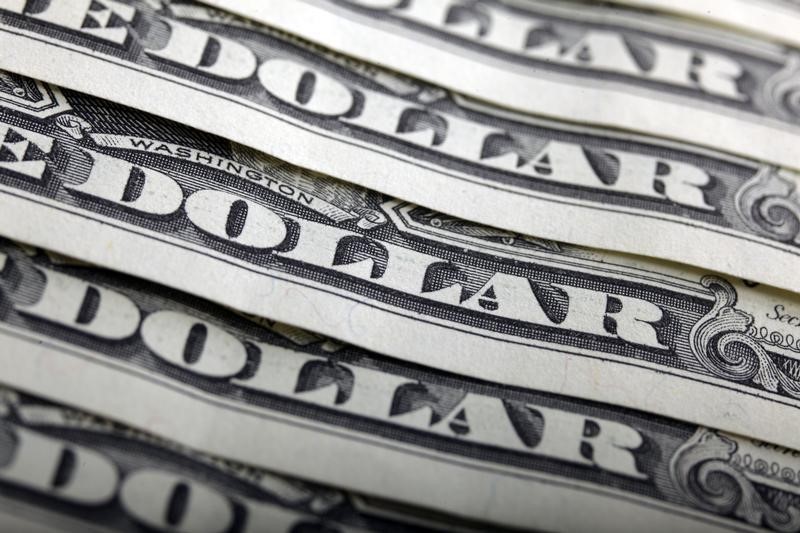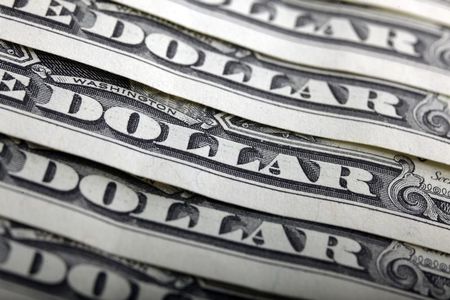 © Reuters.
© Reuters.
By Peter Nurse
Investing.com – The dollar was largely unchanged in early European trading Thursday, continuing to trade around two-week lows, after Fed chief Jerome Powell emphasised the need to keep monetary policy accommodative for some time.
At 3:10 AM ET (0810 GMT), the Dollar Index, which tracks the greenback against a basket of six other currencies, was up less than 0.1% at 90.406, after earlier falling as low as 90.249, a two-week low, on Wednesday.
USD/JPY was up 0.1% at 104.66, EUR/USD climbed 0.1% to 1.2129, while the risk-sensitive AUD/USD rose 0.3% to 0.7741.
Federal Reserve Chairman Jerome Powell said Wednesday, while he spoke at the Economic Club of New York, a "patiently accommodative monetary policy stance" is important to boost the labor market and the overall economy following a stall in recent months.
There have been notable names in recent days, including Larry Summers and Oliver Blanchard, who have started to warn against the risk of overheating the U.S. economy, largely as a result of President Joe Biden’s $1.9 trillion stimulus plan.
However, Powell reiterated that a strong labor market would not solely be a trigger to tighten monetary policy as full employment, part of the Fed's dual mandate, was unlikely to cause an unwanted increase in inflation.
The view of a prolonged lax monetary stance was also boosted by the release Wednesday of disappointing U.S. inflation data, with core CPI flat on the month in January, growing just 1.4% on the year.
The main U.S. economic release Thursday will be the weekly iinitial claims data, with traders looking for the labor market to continue to recover after the setback in December as the second surge of the pandemic caused more businesses to shut down.
Elsewhere, GBP/USD climbed 0.1% to 1.3831, climbing towards a three-year high, boosted by diminishing expectations for negative interest rates in the U.K. as the country’s vaccination program continues to proceed relatively smoothly.
Still, there could be trouble for sterling ahead as tensions between the EU and the U.K, start to rise again over the part of the Brexit deal covering Northern Ireland.
Late Wednesday, the European Union rebuffed the U.K.’s call to reset the two sides’ relationship, after Britain had requested to delay the implementation of border checks on some goods entering the province.
This follows a row in late January when the commission briefly threatened to trigger an emergency clause in the Brexit divorce deal to curb vaccine exports to Northern Ireland.
Also on Wednesday, Bank of England Governor Andrew Bailey accused the EU in a keynote speech of double standards in withholding "equivalent" regulatory status for the U.K.'s financial services, something that has seen an abrupt shift of business away from London to the continent since the start of the year.
Leave a comment
